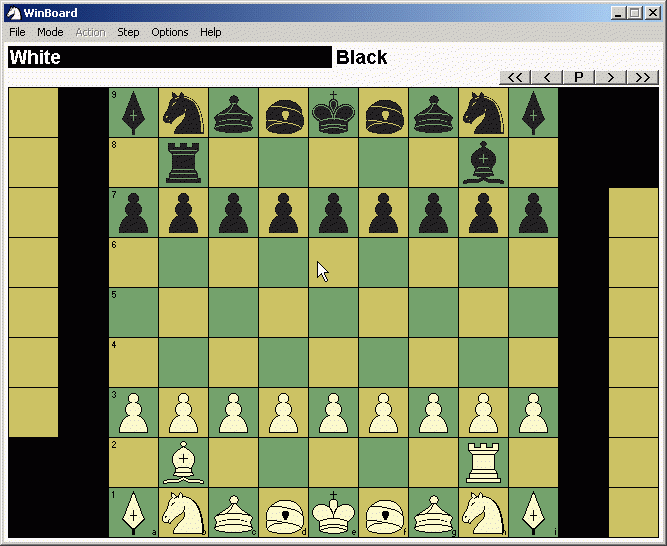It's worth having a go. There are a number of sites where you can play it.
There is literature in English available on it. There are at least a couple of books of tsume shogi (mating problems) that aren't too expensive, both are worth having (though the French one uses some hybrid symbols to represent the pieces, and some of the puzzles in it are wrong).
If you do have the time to do both you may find that playing shogi helps you find obscure checkmates in chess more easily. :)















I'm not exactly new to Chess, but I thought it might be fun trying something else for a change...
First of all, learning the characters on the pieces wouldn't be really considered a challenge, since I'm always motivated to train my memorization skills.
But from what I saw, it seems to be many times more complex and tactical than Chess, and I'm afraid it would take me forever to ever score a win against any decent player. If the learning curve for a total beginner (well, I roughly know the rules already, but never once played a game) is too steep, I'll stick to Chess instead of eventually getting fed up with it ... Anyone got some experience to share?